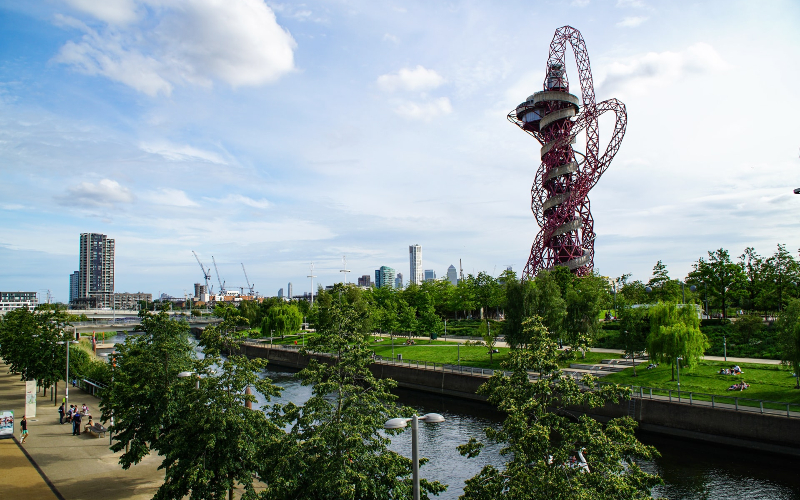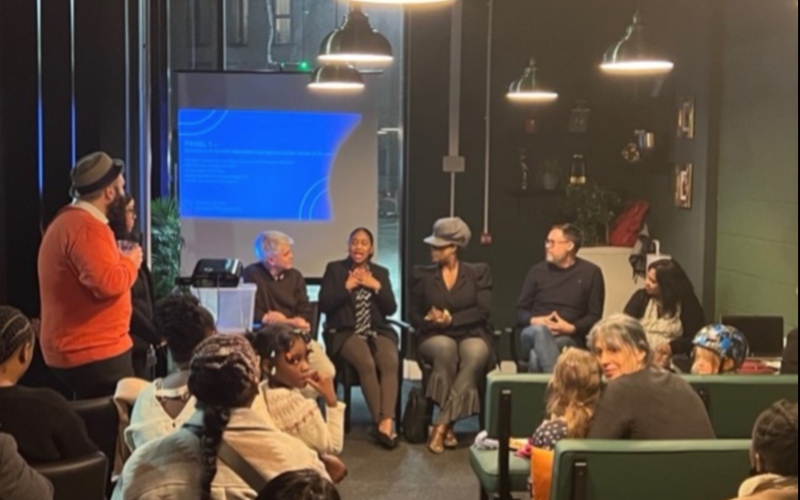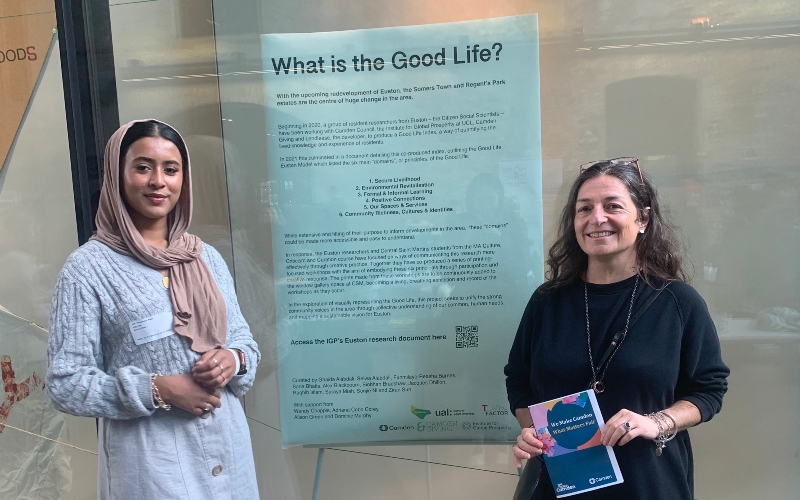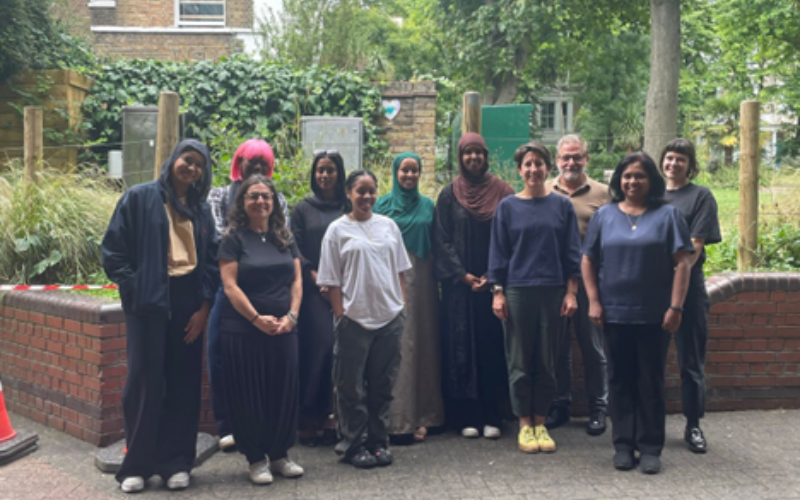The UCL Citizen Science Academy offers high-quality, practice-based education and training programmes to equip people with research knowledge and practical skills to get involved in social action and local decision-making.
The UCL Citizen Science Academy is based at the Institute for Global Prosperity and has been designed in partnership with the UCL Office for Open Science and the cross-faculty Citizen Science Working Group in order to make participation in research inclusive and accessible to people from all backgrounds.
Rigorous, high-quality education and training programmes are applied - meaning they are linked to active research projects, and are delivered in non-academic, community-based settings. Academy citizen scientists do not need any prior experience of research, work, or study in further or higher education.
Watch the sessions from the launch of the Academy, featuring opening statements from UCL President and Provost Michael Spence and IGP's Director Henrietta Moore, and talks with Newham Mayor Rokhsana Fiaz, the leader of Camden Council Georgia Gould and many more.
Inclusion, empowerment and impact: The UCL Citizen Science Academy’s principles
The Academy’s principles and programmes build on lessons from the IGP’s citizen social science projects in the UK, Lebanon, Kenya, Tanzania, and Cuba, as well as the multiple citizen science projects running across various disciplines in UCL. These core principles shape the design and delivery of every Academy programme:
- Community-based, practice-led: applied projects linked to real-world research projects
- High-quality research training: research ethics, methods, analysis & impact training
- Capacity-building: partner with voluntary sector organisations to recruit, employ and support citizen scientists
- Inclusive: making research available and accessible to diverse demographics
- Direct links to policy & practice: creating a knowledge production infrastructure – citizens, academic researchers, policymakers, VCS partners – all with different roles to contribute so our delivery model.
- Levels of collaboration: Citizen Scientists collaborate with one another, members of their communities, academic representatives, community partners, and policy makers
What is Citizen Science?
Citizen science actively involves the public in research that contributes to scientific knowledge.
Many citizen science projects are in life and natural sciences, such as the ZOE Health Study, the Big Butterfly Count, Great British Bee Count, NASA Landslide Reporter or NASA Globe Cloud Gaze. Citizen scientists take part by surveying, observing, mapping and transcribing data.
Citizen ‘social’ science is an emerging area of citizen science that involves the public in research projects focused on complex questions about human behaviour and how societies are organised, like understanding lived experiences of inequality and poverty, or how the beliefs people have about climate change influence their behaviour.
Citizen social science at the IGP focuses on understanding what prosperity means and how opportunities to prosper and live well are influenced by different factors, training and supporting people to work as social researchers in their neighbourhoods to develop research for social action.
What does the UCL Citizen Science Academy offer?
- Community-based, practice-led research training – designed to involve people from all kinds of backgrounds in active citizen science research projects.
- UCL Citizen Science Certificate – launched in May 2023, the certificate recognises the research and team-working competencies citizen scientists acquire (e.g. research methods, ethics, fieldwork strategies, how to code and analyse data, communication and dissemination strategies). The courses taught include core competency domains that are relevant to all citizen science research projects as well as course-specific competency domains that can be adapted to the specific method each research project requires.
- Digital resources to support open training & scaling – Massive Open Online Course (MOOC) and online resources.
Academy Programmes
 Close
Close








